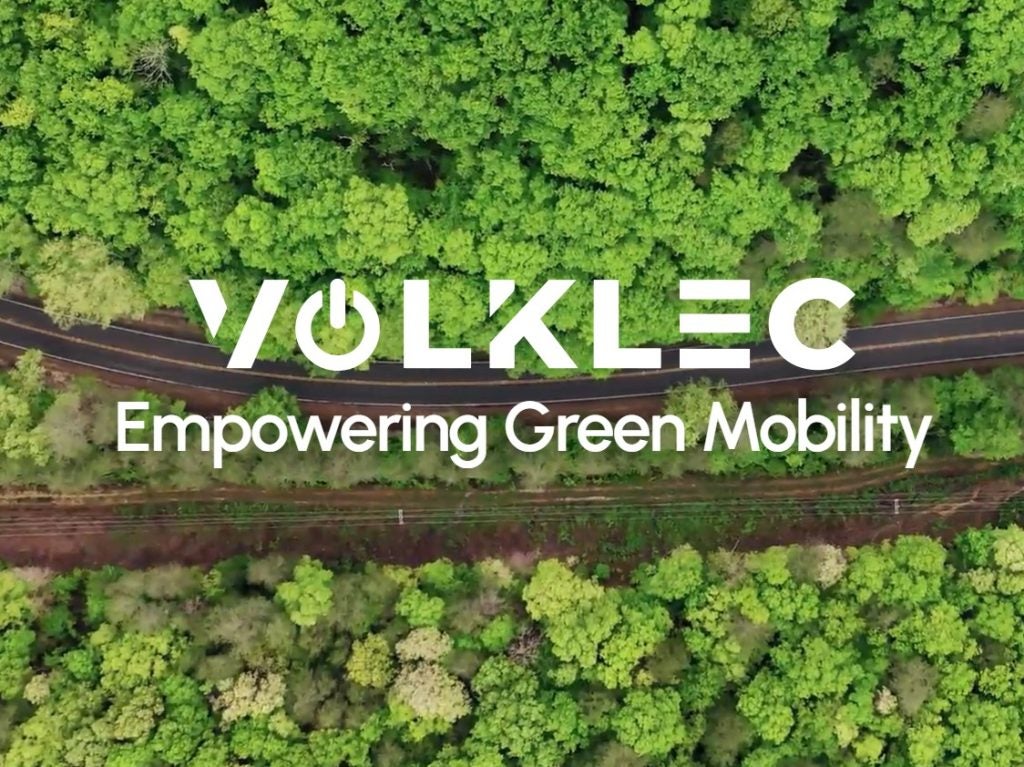The automotive industry continues to be a hotbed of patent innovation. The automotive industry is experiencing innovation in solar electric vehicles (SEVs) due to government incentives, rising fuel prices, environmental concerns, and advancements in solar technology. Researchers are developing more efficient solar panels, lighter, durable panels, efficient battery storage systems, and integrated charging systems. The increasing electrification of the automotive fleet and the rise of new mobility services are also driving innovation. These factors are making solar EVs more efficient, practical, and cost-effective, making them a viable option for a wider range of consumers and businesses. The automotive industry is exploring the latest technologies in solar EVs, including perovskite solar cells, tandem solar cells, integrated solar EV charging systems, and lightweight and flexible solar panels. Perovskite cells are more efficient and affordable than traditional silicon cells, while tandem cells absorb a wider range of light. Integrated solar EV charging systems extend driving range but add weight and cost. In the last three years alone, there have been over 1.7 million patents filed and granted in the automotive industry, according to GlobalData’s report on Environmental sustainability in automotive: solar EVs. Buy the report here.
According to GlobalData’s Technology Foresights, which uses over one million patents to analyze innovation intensity for the automotive industry, there are 300+ innovation areas that will shape the future of the industry.
Solar EVs is a key innovation area in environmental sustainability
Solar EVs are vehicles that are powered by solar energy. They are equipped with solar panels or solar modules that convert sunlight into electricity, which is then used to either charge the vehicle’s battery or directly power the vehicle. The solar panels are usually integrated into the roof or other parts of the vehicle’s structure. Solar EVs provide a sustainable and environment-friendly mode of transportation by utilizing renewable energy sources.
GlobalData’s analysis also uncovers the companies at the forefront of each innovation area and assesses the potential reach and impact of their patenting activity across different applications and geographies. According to GlobalData, there are 30+ companies, spanning technology vendors, established automotive companies, and up-and-coming start-ups engaged in the development and application of solar EVs.
Key players in solar EVs – a disruptive innovation in the automotive industry
‘Application diversity’ measures the number of applications identified for each patent. It broadly splits companies into either ‘niche’ or ‘diversified’ innovators.
‘Geographic reach’ refers to the number of countries each patent is registered in. It reflects the breadth of geographic application intended, ranging from ‘global’ to ‘local’.
Patent volumes related to solar EVs
Source: GlobalData Patent Analytics
Toyota Motor (Toyota) is one of the leading patent filers in solar EVs, including a system designed for efficiency, lightweight, and reliability. This portfolio includes solar panels, battery management systems, vehicle control systems, and sensors, giving Toyota a competitive advantage in the development and commercialization of solar EVs. Ford Motor and Hyundai Motor are also investing heavily in solar EV technology, with Toyota being the most successful in 2022. Toyota's investment in solar EV technology is paying off, as it sold more solar EVs than any other automaker and is a leader in developing solar EV charging infrastructure. The market for solar EVs is expected to grow rapidly due to government incentives, rising fuel prices, environmental concerns, and advances in solar technology. Automakers with strong patent portfolios in solar EVs are well-positioned to capitalize on this growth.
In terms of application diversity, Berkshire Hathaway leads the pack, while Nio and Solar Ship stood in the second and third positions, respectively. By means of geographic reach, Wobben Properties held the top position, followed by Nikola and Nokia.
To further understand the key themes and technologies disrupting the automotive industry, access GlobalData’s latest thematic research report on Sustainability in Automotive.
Premium Insights
From
The gold standard of business intelligence.
Blending expert knowledge with cutting-edge technology, GlobalData’s unrivalled proprietary data will enable you to decode what’s happening in your market. You can make better informed decisions and gain a future-proof advantage over your competitors.







